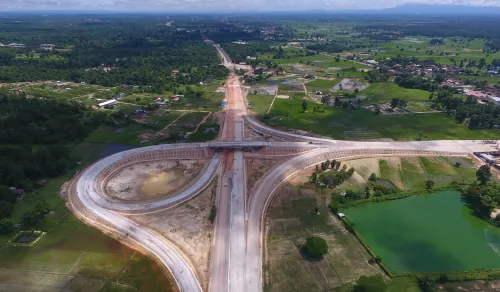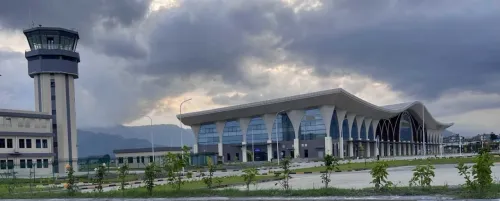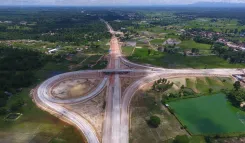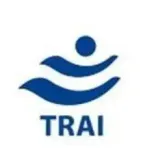Is Trump’s H-1B Visa Proclamation Facing Legal Challenges?
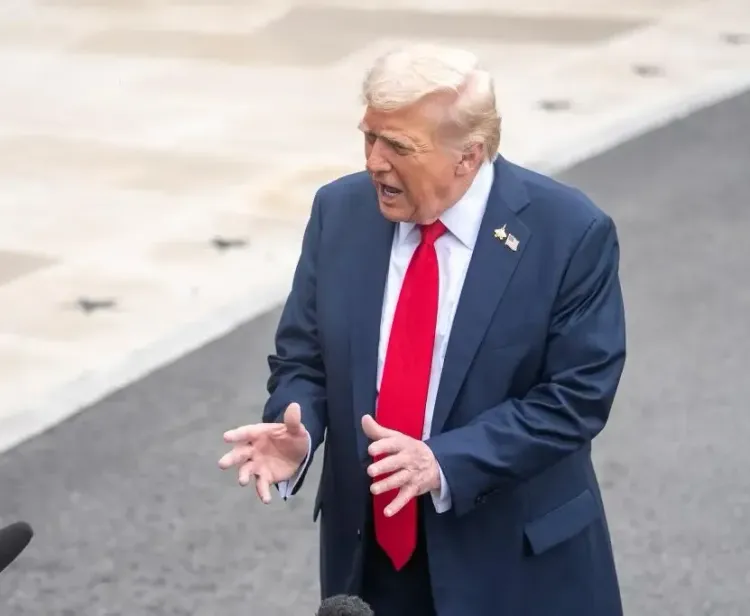
Synopsis
Key Takeaways
- A coalition of unions and advocacy groups has sued the Trump administration over H-1B visa changes.
- The lawsuit argues the proclamation imposes an unprecedented and unjustified fee.
- Current H-1B visa holders are not affected by the new fee, according to White House clarification.
- DHS plans to amend the H-1B visa process to favor higher-skilled workers.
- Indian nationals represent a significant majority of approved H-1B visas.
Washington, Oct 4 (NationPress) In a significant legal challenge against the H-1B visa restrictions, a coalition of unions, educators, and religious organizations has initiated a lawsuit against the Trump administration.
Filed in the Northern District of California, the suit contends that Trump's proclamation, enacted on September 19, contains “numerous inaccuracies” and “overlooks the advantages of the H-1B visa system for the U.S. economy.”
The lawsuit also emphasized that the $100,000 visa application fee is “unprecedented, unjustified, and illegal.”
“The Proclamation's imposition of such a severe fee is without precedent. No President has, without Congressional approval and by executive order, placed a market-wide penalty on employers using a program that Congress designed for hiring foreign workers,” it states.
The complaint asserts that “the President lacks the authority to unilaterally modify the extensive statutory framework set by Congress” and that the potential for exceptions “creates opportunities for selective enforcement and corruption.”
The plaintiffs include various immigration and advocacy organizations, such as the Justice Action Center, South Asian American Justice Collaborative, and Democracy Forward Foundation, but notably do not include any major tech firms.
Upon signing the proclamation, Trump remarked that the “goal is to employ American workers.”
“We require workers. We need exceptional workers, and this effectively guarantees that,” Trump stated.
Commerce Secretary Howard Lutnick also supported the initiative, claiming the policy would deter firms from hiring foreign employees.
“The concept is that these large tech companies or other major firms will no longer train foreign workers. They will need to pay the government $100,000, in addition to compensating the employee. This makes it economically impractical. You should be training a recent graduate from one of our outstanding universities. The focus is on hiring Americans and ceasing to import workers who take our jobs. That's the essence of the policy: $100,000 annually for H-1B visas,” he elaborated.
The proclamation sparked considerable uncertainty as it appeared to suggest that it could affect current H-1B visa holders, who might encounter challenges when re-entering the United States.
The White House clarified on September 20 to IANS that this is a “one-time fee” applicable only to new visa applications, not renewals or current holders.
Shortly after, the U.S. Department of Homeland Security (DHS) proposed to “revise its regulations” pertaining to the H-1B visa process.
The DHS plan aimed to eliminate the present lottery system and introduce a weighted selection method that it claims would prioritize H-1B visa allocation for higher-skilled workers.
Indian nationals accounted for over 70 percent of all approved H-1B visas in 2024, largely due to a significant backlog in approvals and a high influx of skilled immigrants from India.

